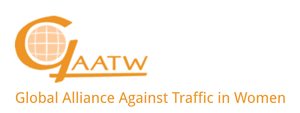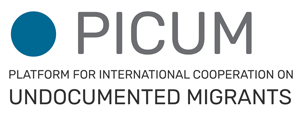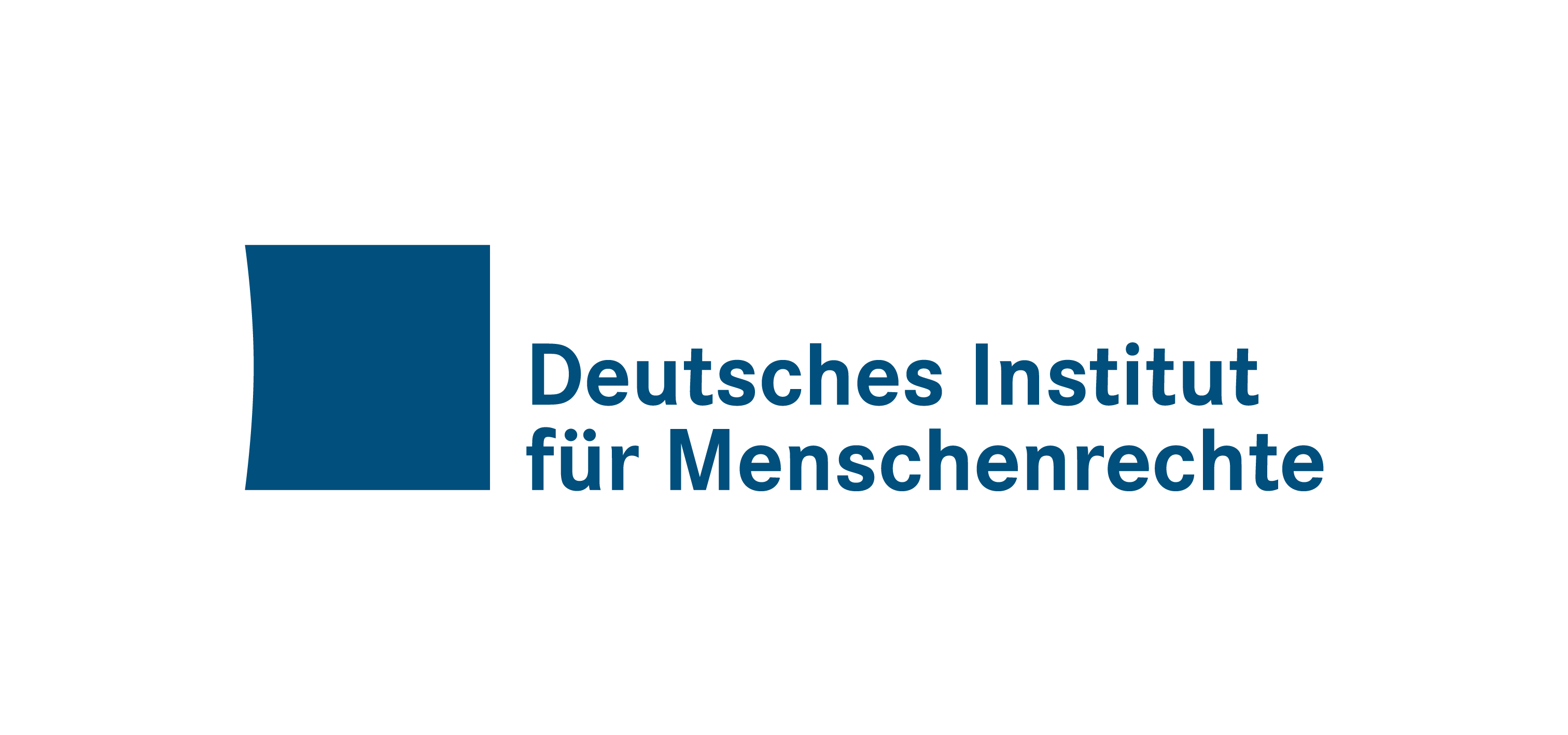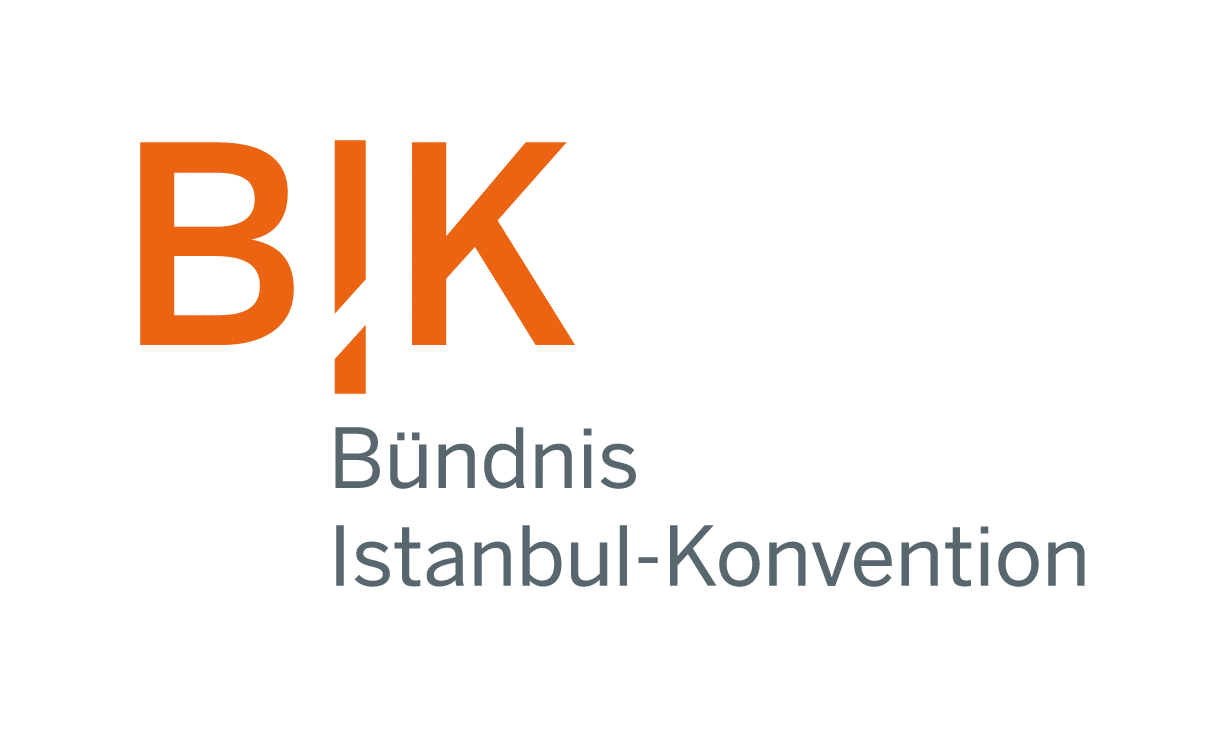KOK - Symposium 15.-16.10.2015
The symposium „10 years of the Convention of the Council of Europe against Trafficking in Human Beings – Stagnation or Progress?”, organized by the KOK, the German NGO Network against Trafficking in Human Beings, has been held on 15th and 16th October in the premises of the Permanent Representation of the Free Hanseatic City of Bremen in Berlin. Various experts of the civil society, prosecution authorities and international organizations, as well as political representatives from the state and federal state level, discussed current developments in the policy field of Trafficking in Human Beings in general, and the question “How effective are the measures for Trafficked Persons in Germany?” in particular.
The key issue of the symposium has been the current state of the implementation of the EU-Directive (2011/36) on Preventing and Combating Trafficking in Human Beings and Protecting its Victims and the Convention of the Council of Europe against Trafficking in Human Beings in Germany. The present experts tried to identify areas that will need further political attention to comply with international standards on combating Human Trafficking and protecting its victims. In particular, the question of how to handle the phenomena of the so-called “additional forms of exploitation” (e.g. forced begging and the exploitation of criminal activities) in the German legislation and legal practice has been addressed. The question, what kind of victim support structures are already existent and how they can and shall be extended to meet the needs of victims of all kinds of trafficking has been discussed. In order to deal with those topics in a profound manner, experiences and recommendations from European countries whose legislations already comply with European legal standards have been presented. Additionally best practices from selected federal states have been presented. Moreover, the general structures in Germany, the advancement of current cooperation mechanisms among relevant actors and technical implementation in the legislation has been reflected on.
The experts from Germany and abroad were given the opportunity to discuss several aspects of the aforementioned topics in three broad podium events. With practical contributions from Germany, Austria and the UK, as well as insights into the recommendations of areas with need for actions, those discussions have been substantiated with valuable contents. A panel with speakers from all political parties in Germany and a representative of the GRETA commission specifically addressed which areas have a need for action and which international standards have been already implemented successfully.
With the main speeches from representatives of the United Nations and the Organization for Security and Co-operation in Europe, the subject has been put in a wider global context.
A similar event with an equally comprehensive approach that covered all forms of exploitation and included contributions from Federal States, as well as the state level and the international arena, has not been hold in this manner in the year of 2015.
With 100 participants from political organizations, the civil society, police and prosecution authorities, government agencies, state departments and the academic community, the symposium has followed an interdisciplinary approach.










